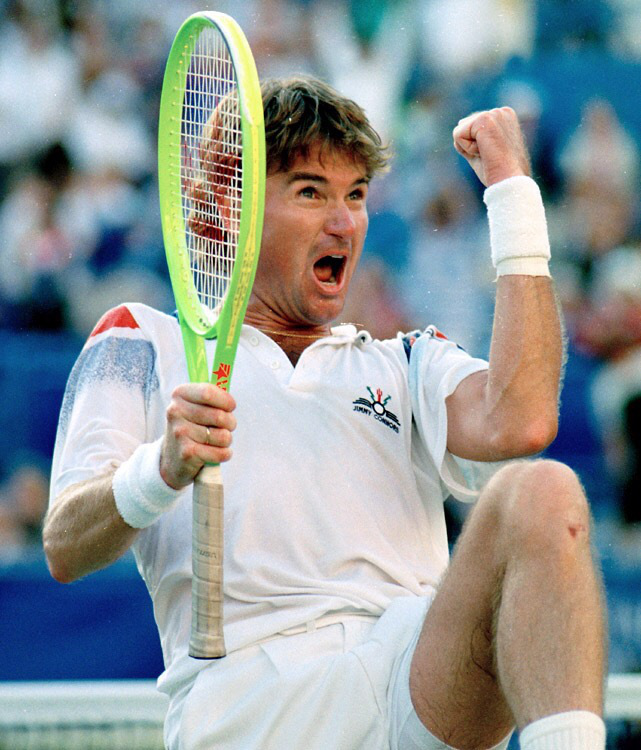Extract from Beyond Philosophy on July 18, 2013

With all this winning in his career, you would think that it was because he loved to win. But Connors attributes his stretch of victories to something else, something to which we can all relate.
Connors said, “ I hate to lose more than I love to win.”
Connors is not alone. Professor Kanheman, a renowned professor at Princeton University’s Woodrow Wilson School who won the Nobel Memorial Prize for Economics in 2002, explains the prospect theory which shows us that we tend to look at things from ‘gains and losses’. We all have a high aversion to losing something – even more than we do to making a gain of a similar amount. We have a loss aversion and the ratio is about 2 or 3:1. In his video, he gives the example that if we had a bet on the result of a coin toss and if you won I would give you $ 10 and if I won I would give you $ 10, most people won’t take the bet as the odds are not worth the potential ‘loss’. However, if I offered you $ 25 if I won against your $ 10 if you lost, people would take the bet. That same ration applies as the amounts increase. This example shows how the perception of losing is harder to overcome than selling the benefits of winning.
A good example is the recent move by Netflix that aggravated its subscribers. Netflix decided to discontinue stocking 1800 titles to make room for 500 more, part of the natural ebb and flow of their inventory. The public outcry was palpable. Never mind that the offended subscribers didn’t actually rent these movies and probably never would have. These customers didn’t like the idea that they weren’t there anymore for them not to rent. They felt they had lost their option to ignore them.
What Kanheman says and the Netflix example demonstrates is that our attitude to gains and losses are very different. We are all like Connors in that we hate losing more than we like winning.
Do you feel that the same rules for your sales champions?
Advertisements Share this:





